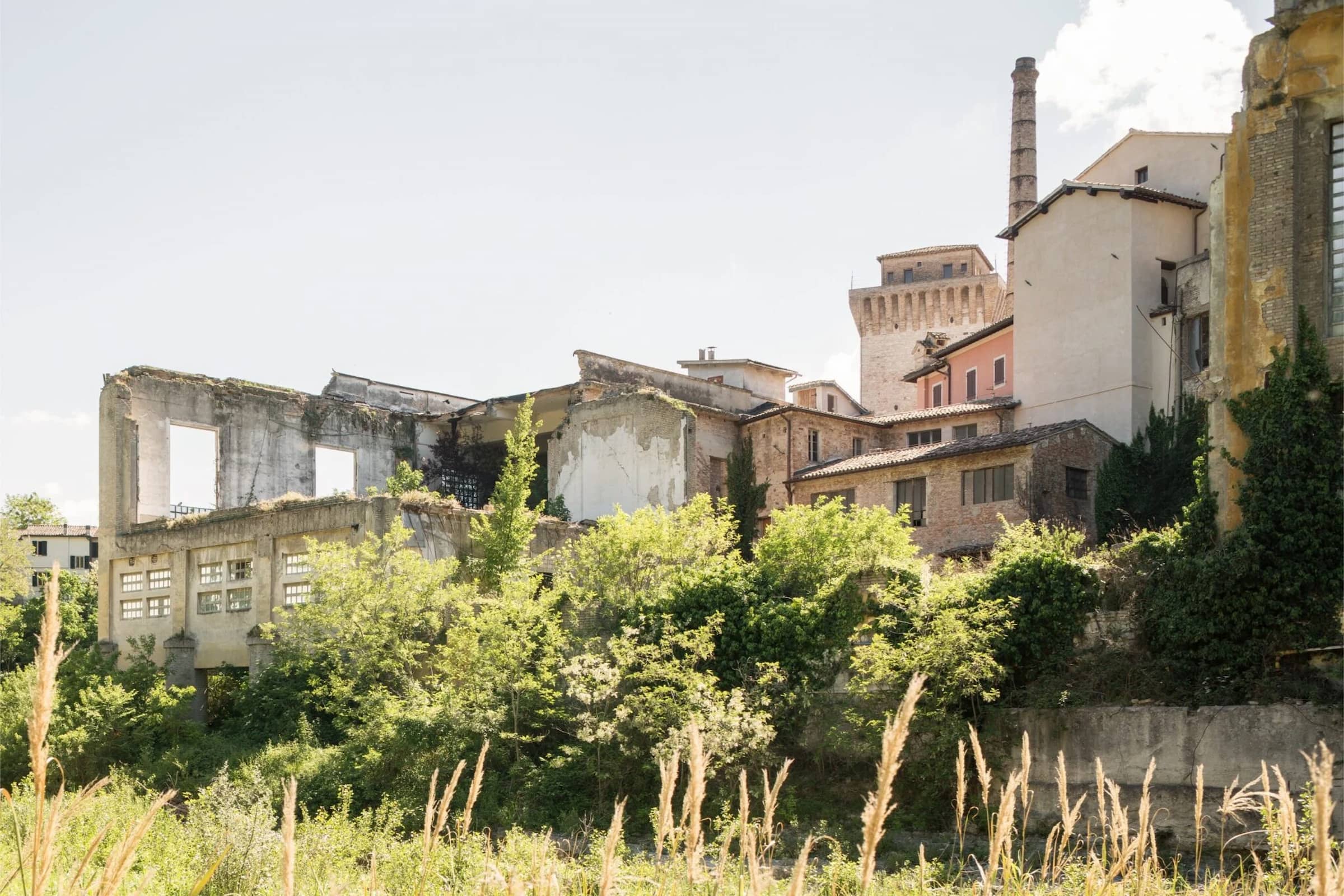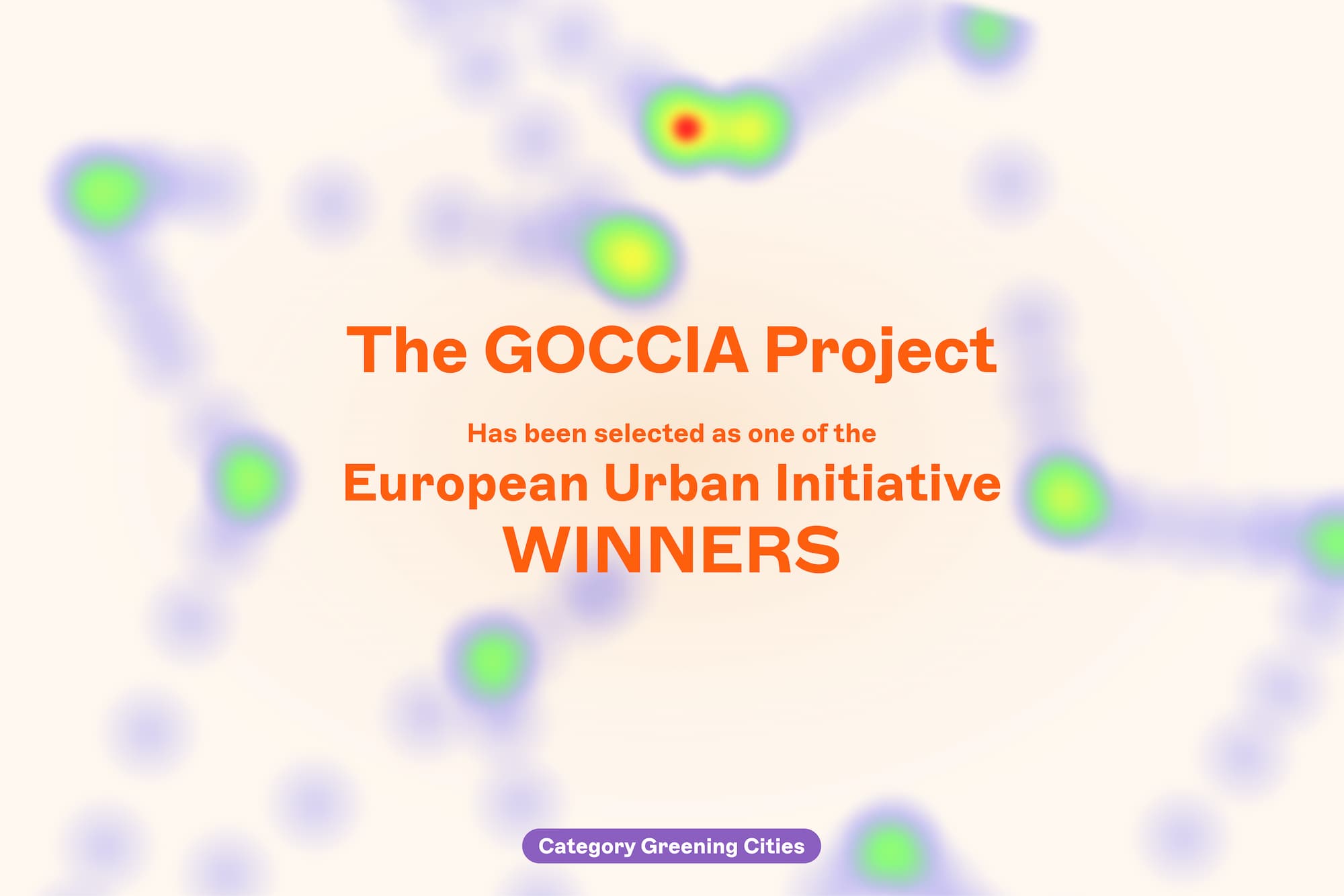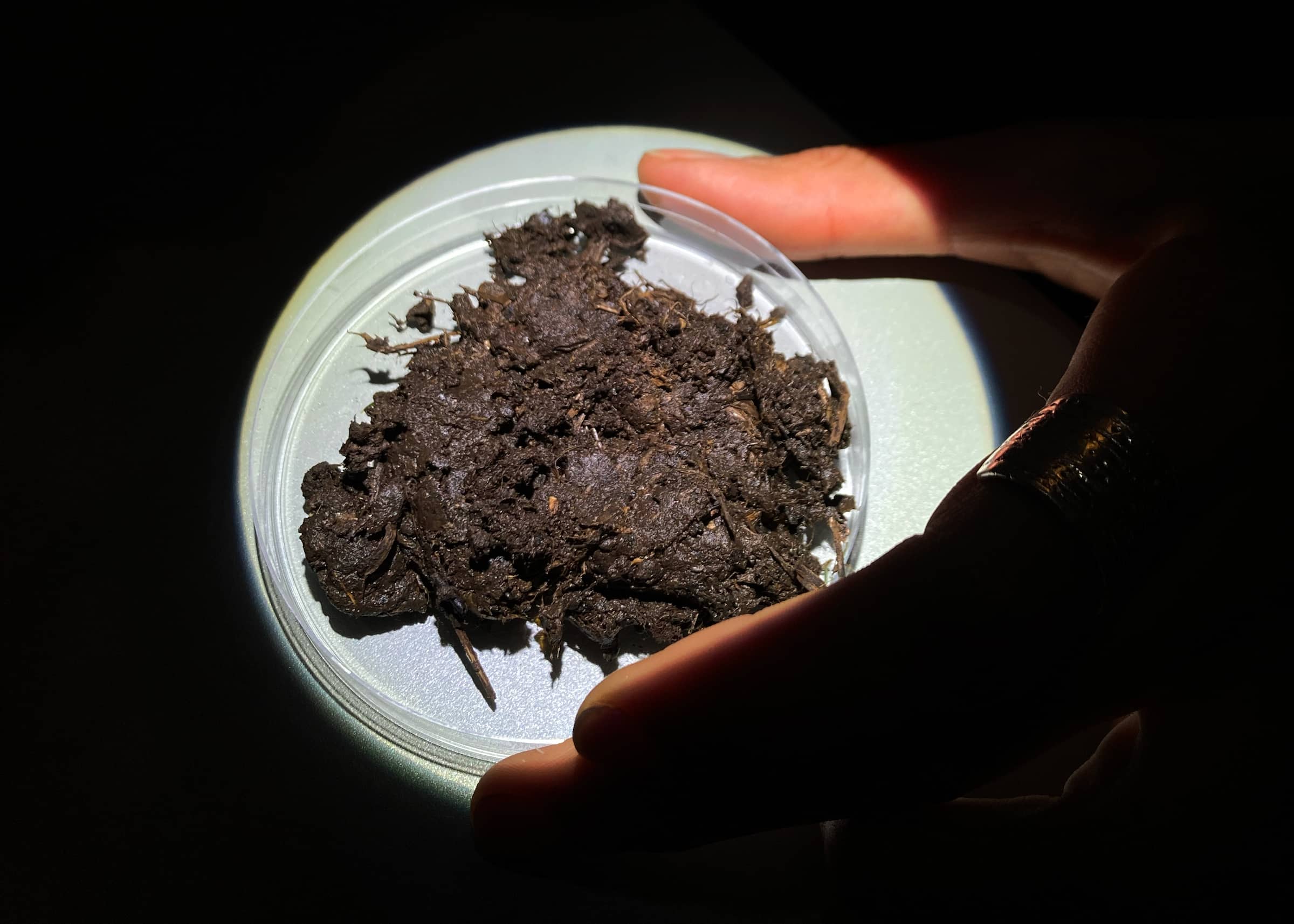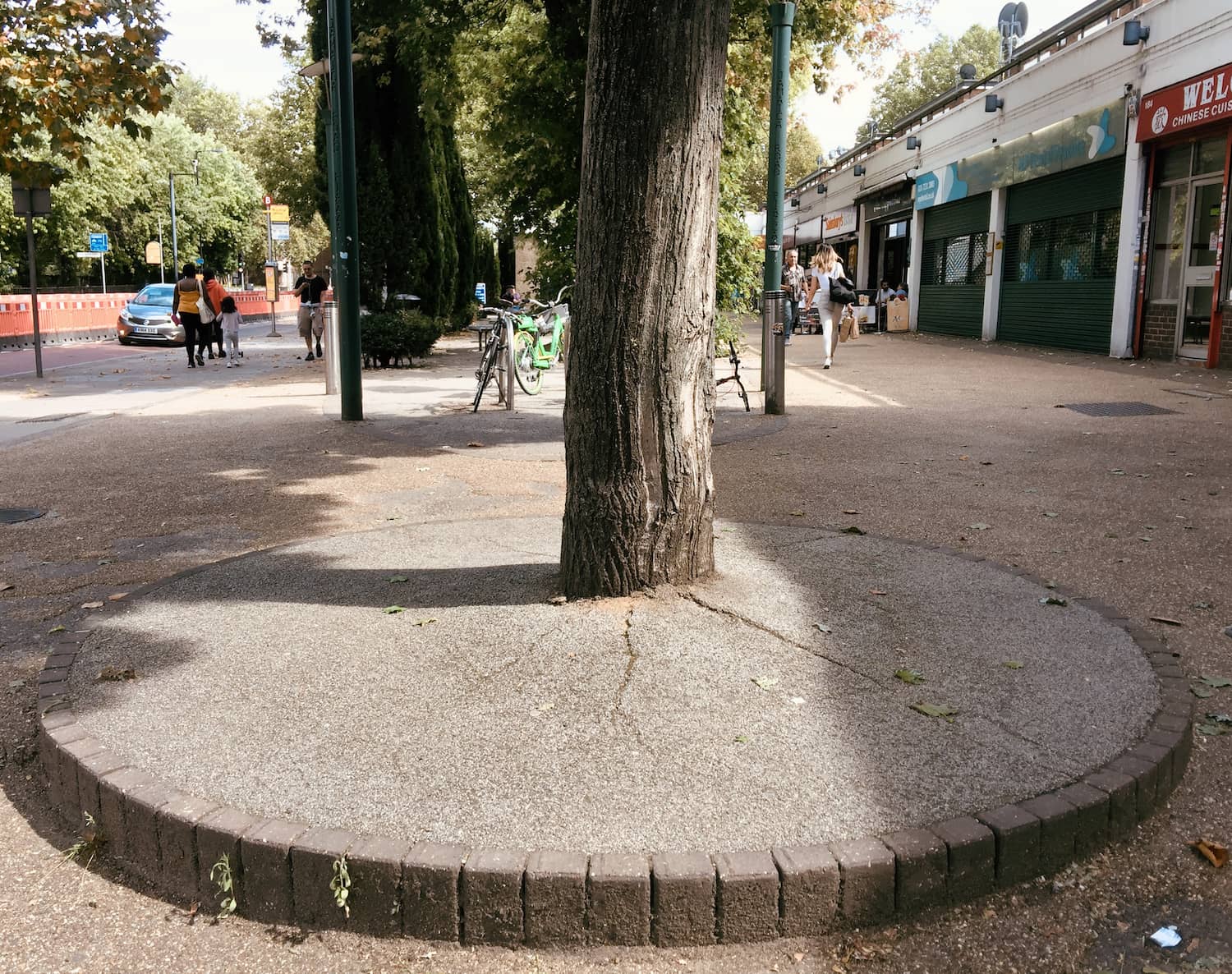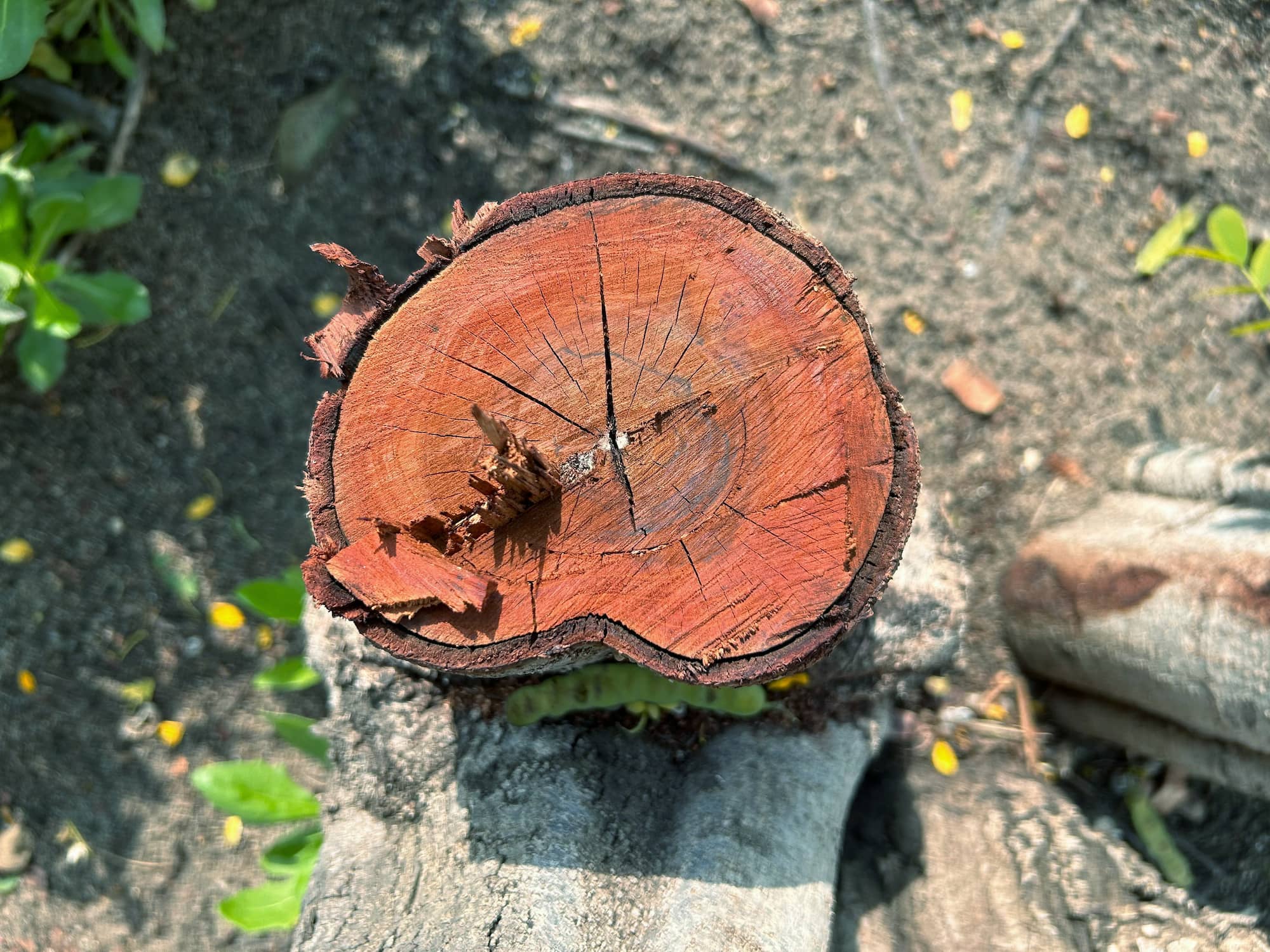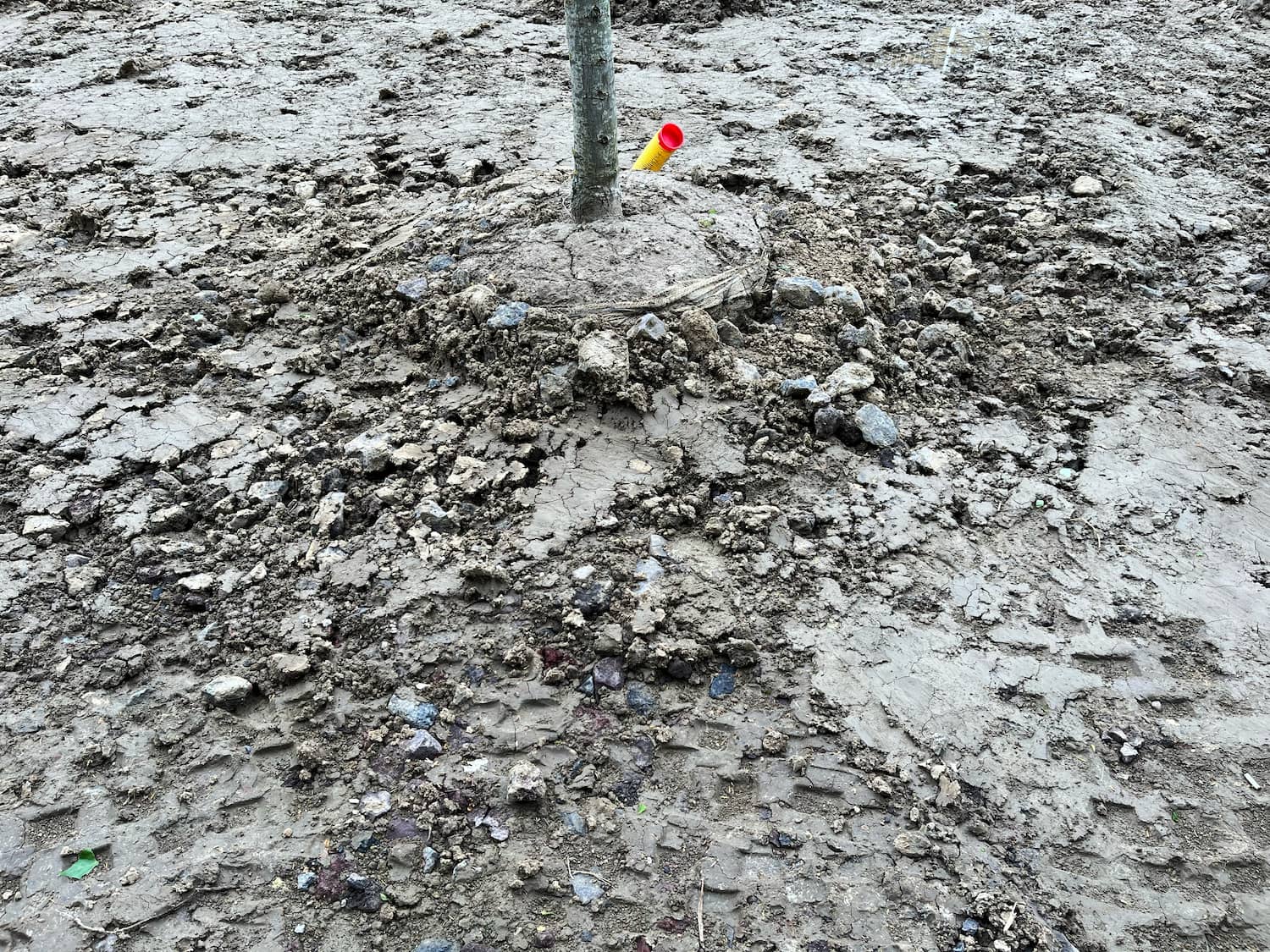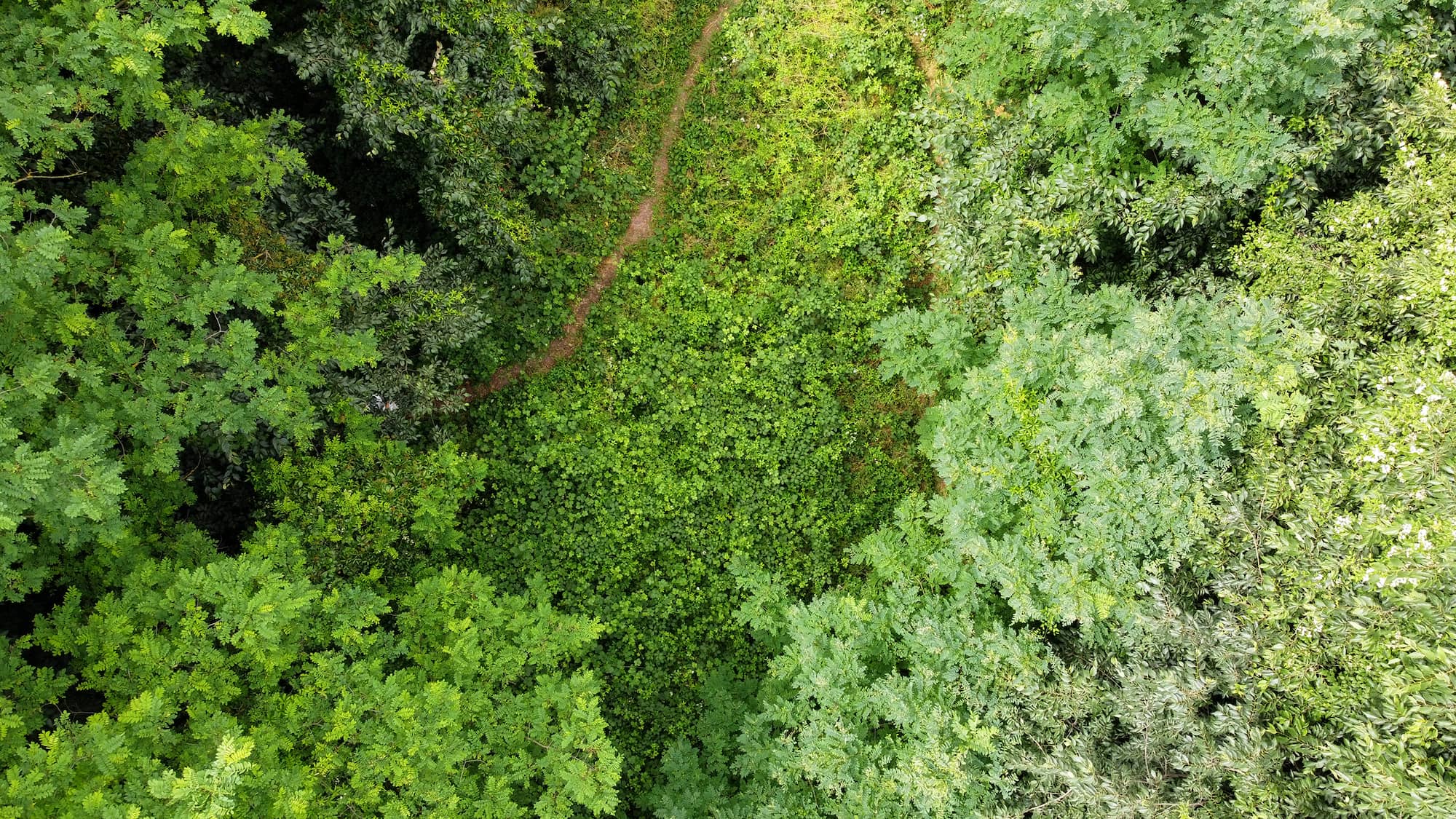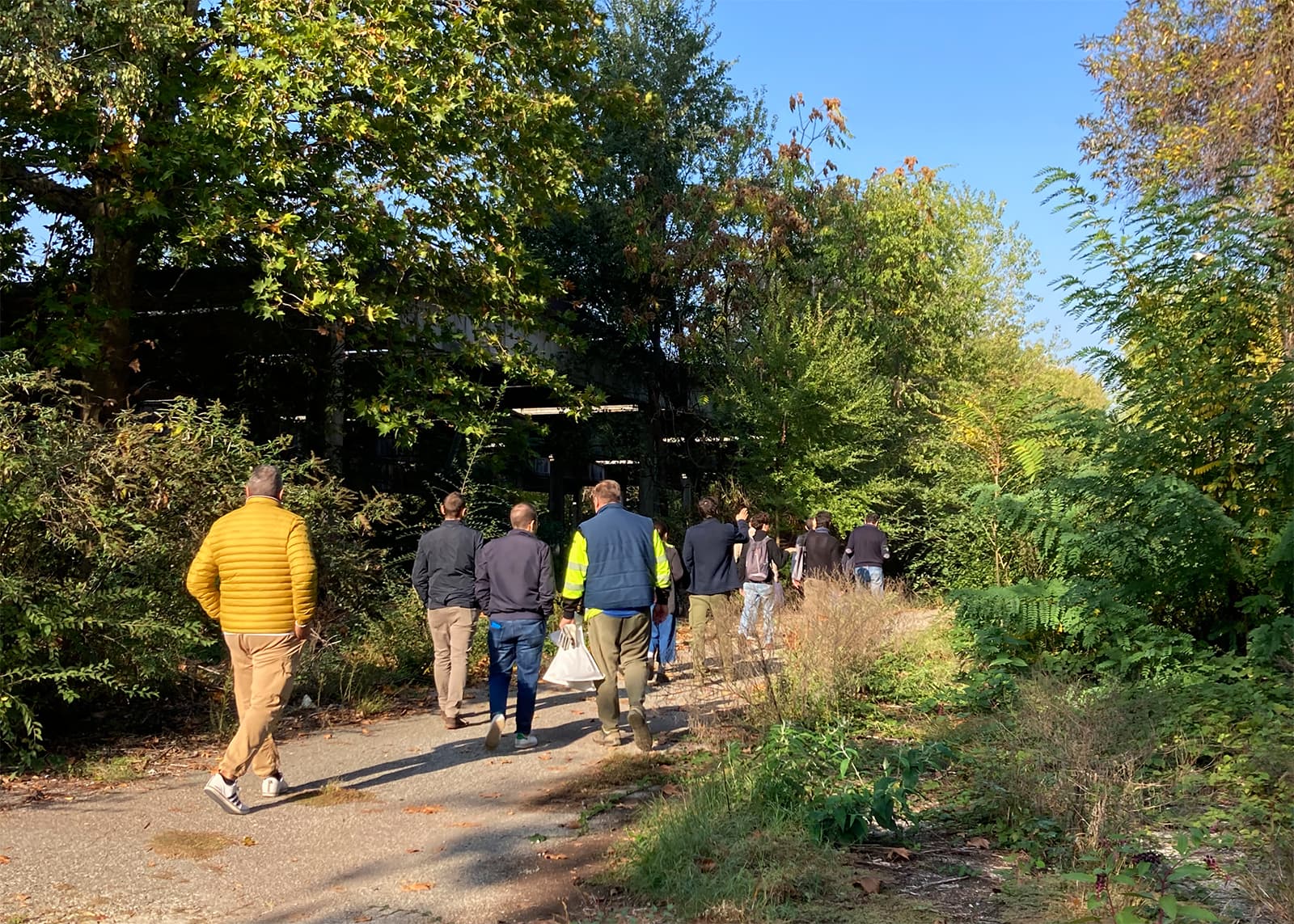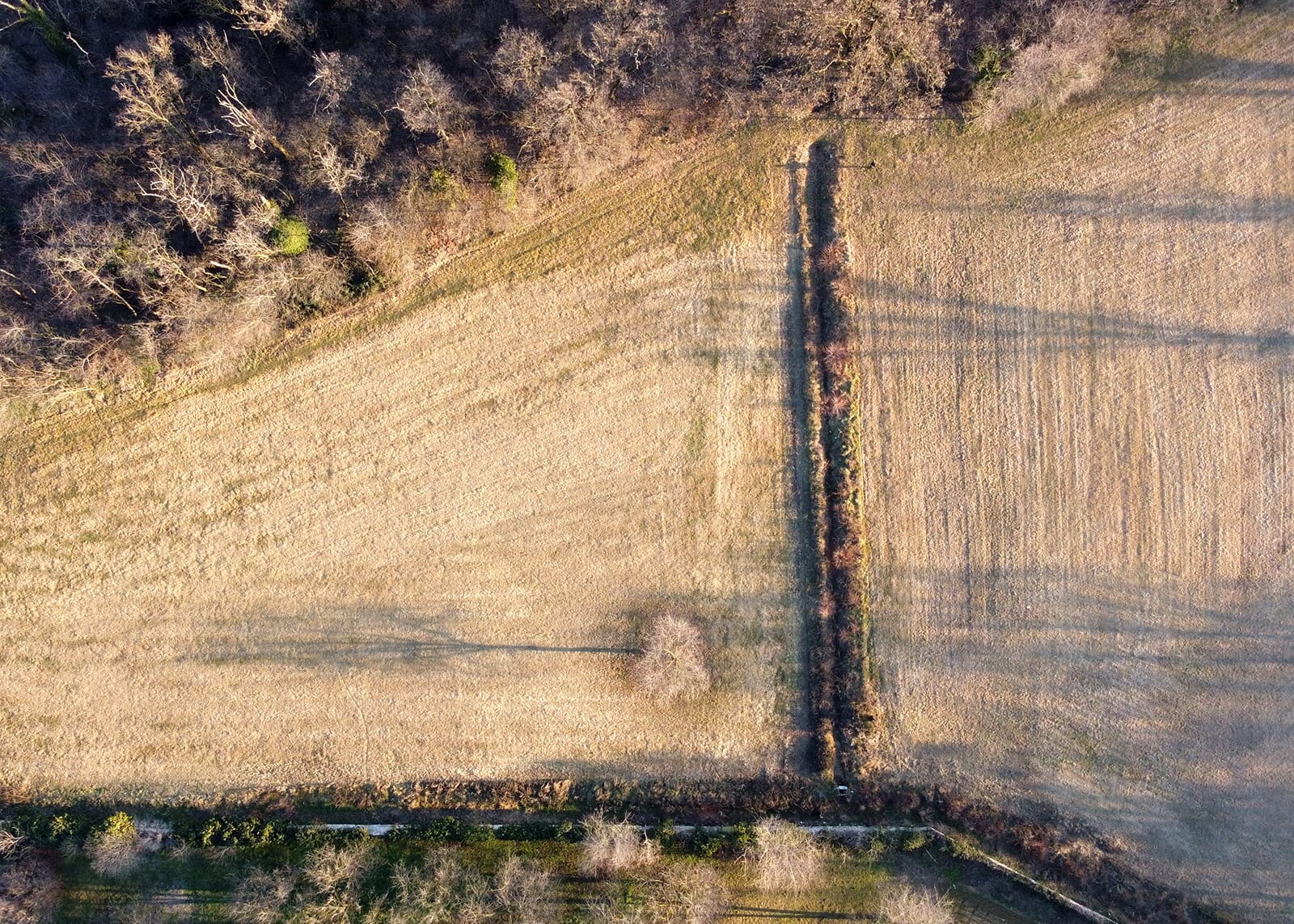We are living an interconnected soil crisis
-

Unsustainable land management is degrading our soil
Land degradation reduces soil's biological and economic productivity. About 1/3 of Earth's soil is already degraded due to unsustainable practices, overuse, pollution and urbanization.
-

Land degradation endangers life on earth
Soil loss causes food insecurity and water scarcity, as well as amplifying damage from climate change. Soil is essential for human and all species survival, but it is limited and vulnerable.
-

Poor quality soil costs us greatly
Europe spends about 50 billion euros a year to make up for the loss of vital benefits from soil degradation, such as food production, nutrient cycling, carbon sequestration and water regulation.
-
Soil is a vital resource and its decline significantly affects climate, nature, and the social fabric.
Explore our work
What We Do
Bioremediation Project Development
We define site-specific strategies that transform polluted soil from the root problem into a holder of possible solutions, offering a cost-effective natural-based approach to remediate contaminated sites.
Our goal is to support public and private operators in mitigating environmental risks, promoting biodiversity and soil health, and promoting healthier and more resilient urban ecosystems.

Landscape Restoration Design
We help to develop landscape strategies that recover residual and abandoned plots while integrating ecosystems within the urban fabric.
Our approach aims to create habitat connectivity to support wildlife movement and genetic diversity, improving air, soil and water quality while enhancing recreational opportunities.

Who Can We Help
-
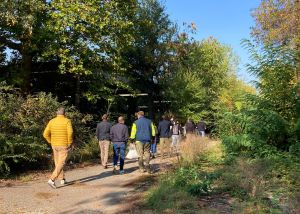
Municipalities
We help municipalities implement the most effective and cost-effective strategies for restoring degraded lands and enhancing ecosystems by involving universities, private companies and the local community.
-
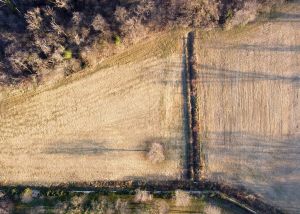
Land Owners
We help landowners orient their strategies towards enhancing and implementing their natural capital and setting new financial standards for nature-based solutions and projects.

Osservatorio La Goccia
Our pilot project
Osservatorio La Goccia is a life-laboratory which aims to use innovative bioremediation practices to regenerate the contaminated forest of La Goccia and enhance its ecosystem services.
The Osservatorio is an interdisciplinary pilot project launched in September 2022, backed by a partnership between Terrapreta, the Municipality of Milan, the Natural History Museum of Milan, CNR-Iret, CFU-Italia Nostra and Progetto Natura Onlus.
Explore the pilot projectPartner & Clients







Our Team
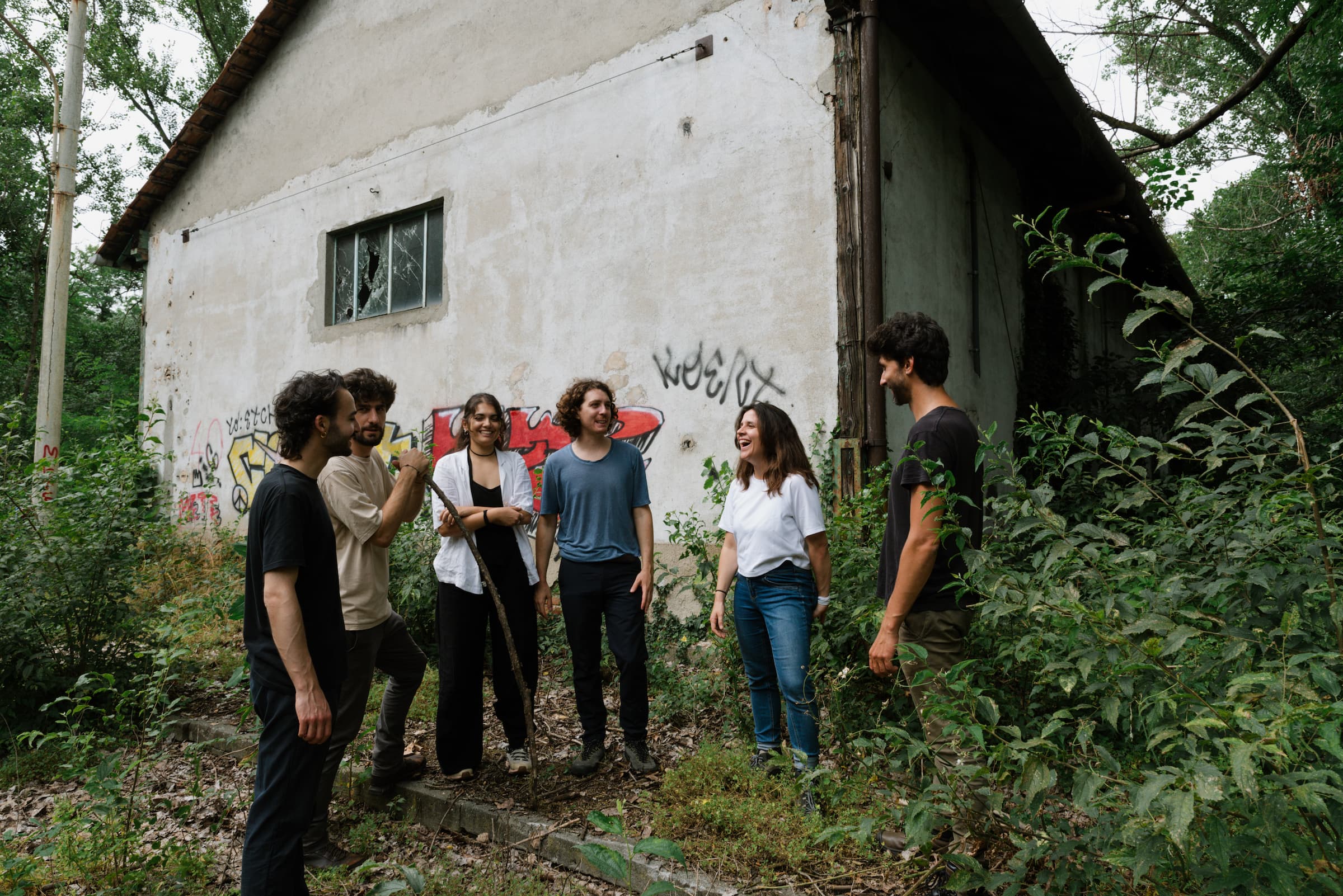
Our team can count on interdisciplinary skills, international work experience, and a strong network of collaborators that enable us to handle different types of projects on all scales of complexity.
- Carlotta Conte NbS Mission Holder Advisor
- Lorenzo Fassi Project Manager and Landscape Architect
- Gianluca Rapaccini Head of R&D and Public Relations Manager
- Giorgia Serafini Project Manager and Architect
- Andrea Zaccuri Head of Communication, Data and Digital Projects
- Stefano Zoli CEO e Architetto del Paesaggio
- Collaborators Daniela Mori (Architect), Andrea Pizzini (Architect), Chiara Bottaro (Agronomist), Saskia De Fabritiis (Architect), Alessandro Crivelli (Agronomist), Marco Fiandra (Biologist), Edoardo Masut (Environmental Engineer), Annalisa Oldani & Claudia Tanzi (Press Office), Martina Parolo (Photographer), Marco Merati (Photographer)
Contact Us
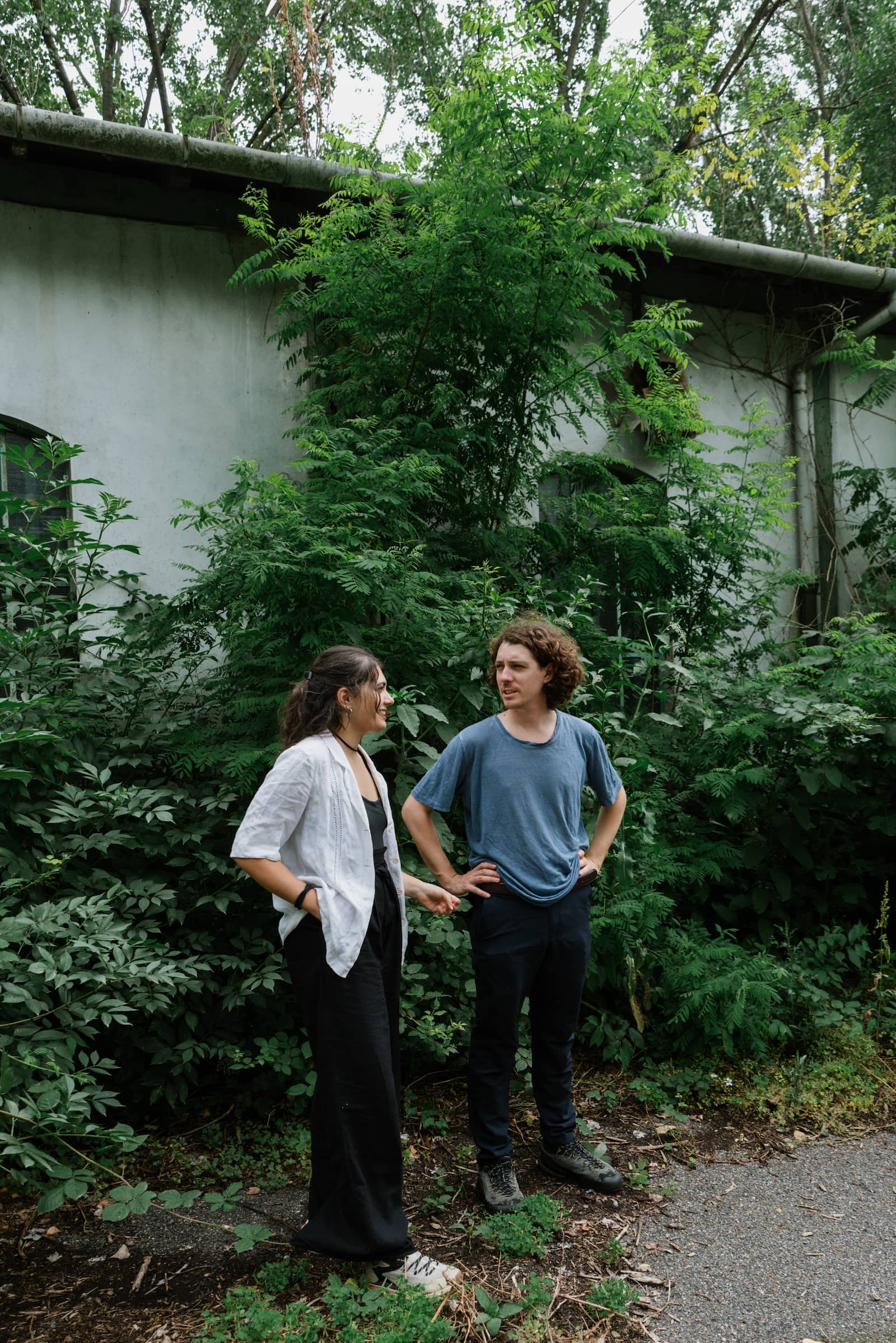
We develop tailor-made processes for the recovery and regeneration of degraded soils

1 Analysis
- We utilize innovative tools and scientific methodologies to conduct site-specific baseline analyses, establishing a clear framework for design and ensuring reliable monitoring over time.

2 Design
- Through our expertise in landscape design and multilevel process management, we carry out bespoke environmental restoration projects supported by an interdisciplinary approach.

3 Dissemination
- We develop an engaging narrative to share our activities and scientific knowledge and inspire change and vision for an increasingly equitable and sustainable future.

4 Partecipation
We help communities reconnect with their ecosystems by ensuring that the perspectives of all stakeholders are considered during project development.


